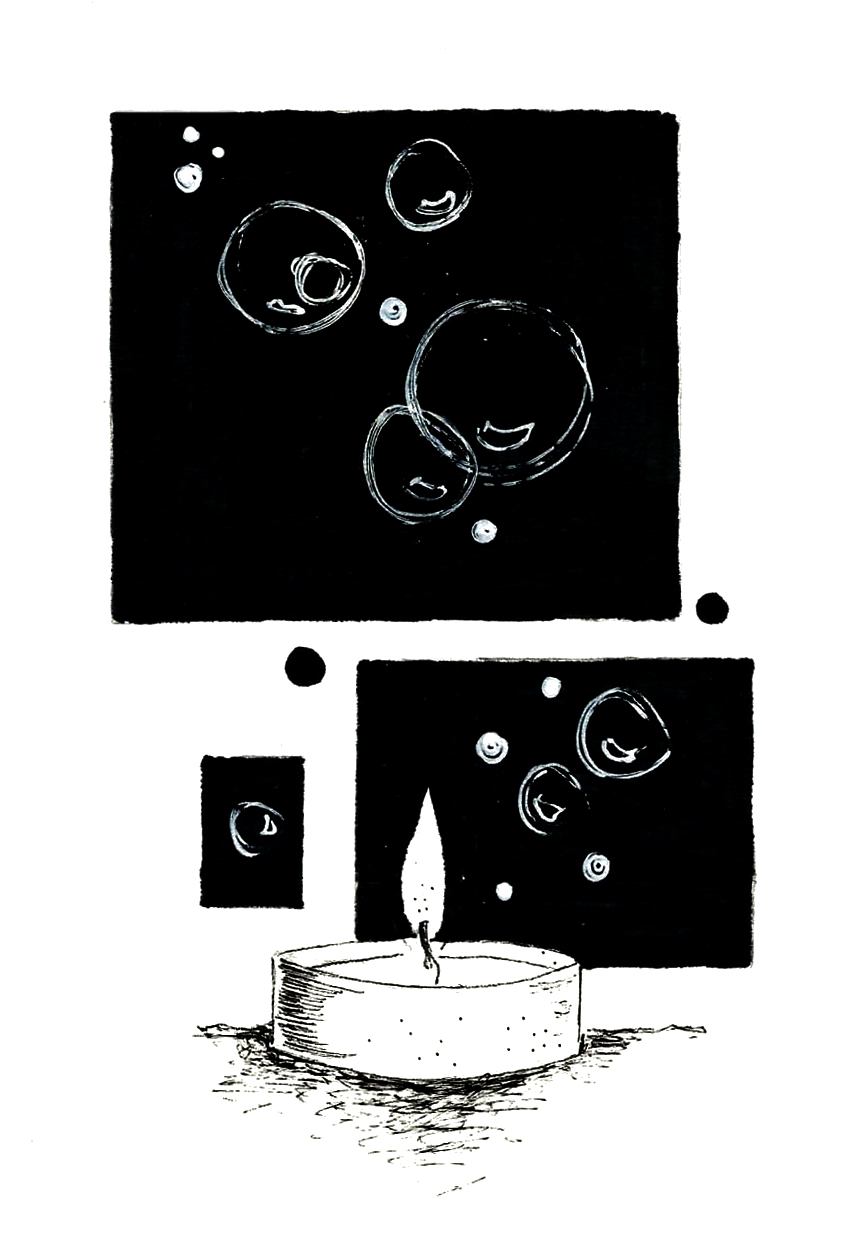
The tempest you become
What thirst comes
From fighting off the drought?
Are you meant to breathe the fire you put out?
Does bathing in the torrent
Make you the riptide?
Even if you are drowning all the same?
I can’t lick the waves
And spit flotsam into life
But I can pluck the feathered
Notes from the wind and
Flick them back into existence
A reanimator, not a birth
But a reunion
Between spark and ash
Looking to kindle again
Weaponwork
Weaponwork (1)
A seed bloomed bullet gold in my dreams
It is a textbook turned pistol (2)
Forgetting guns are flash and heat and
Sun burrowed in the dead blue sky
But wrath plays the long game
And it brings its own dice
That pens and blades bleed the same (3)
But the innocence of inheritance
Is remembering the sword in the stone
And not the wound in the golem (4)
Pointed steel prodding geode lungs
Wondering how could it be so
Bright
In here if no one is meant to see it. (5)
I am the last time I thought of fighting back
The meaning of weaponwork is
The time you saw someone cock their lips and fire
The throb of air around words
Souring the wind it pierces.
It’s the heat etched on air
Coloring everything kindling
Still waiting for the flash (6)
1. The title of the piece is actually a made up word, but, in the dream that gave inspiration to it, I felt this visceral understanding of what it meant, despite having no idea how to use it in a sentence. I hoped weaponwork would be able to allude to the longer hand of violence that pervades a lot of our society — longer in the sense that it is enacted through far more removed and subtle methods than a bullet to the head.
2. I was looking for a quick way to draw a connection between the banality of violence seen through statistics and how that in itself is destructive.
3. I think everyone knows the phrase “the pen is mightier than the sword”, but I wanted to repurpose the words to say that both things are equally dangerous for different reasons.
4. My idea for this piece came partly from realizing how disorienting a lot of “discourse” in academic spaces can be. I think depending on the perspective, it can either be the unintelligibility and inaccessibility of traditionally intellectual fields or a subversion of the very language that’s been formed to pathologize and alienate. I’m always fearful of the tendency of intellectualization to rob perspectives of emotion and humanness, and that’s what I was hoping to convey in these lines, drawing comparisons between the famous King Arthur story and how easy it is to forget the violence inflicted on things we’ve deemed unfeeling.
5. I honestly thought this was just a really cool line because it brought together the idea of the insides of rocks with that of humans? Kind of like a way to empathize with the stone.
6. My last line was me wanting to end the poem on a warning, just thinking about how innocuous language makes violence seem innocuous, too.







